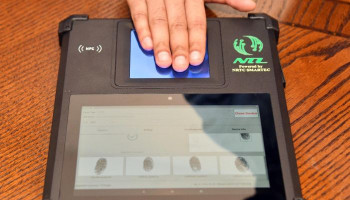
The National Telecommunication and Information Security Board (NTISB) has issued a cybersecurity warning about a new hacking campaign targeting popular browser extensions.
According to the advisory, hackers have compromised multiple extensions to steal personal data, including login details for social media and banking websites.
The attack works through phishing techniques, allowing cybercriminals to inject malicious code into browser extensions. This enables them to gain access to sensitive user information.
Moreover, the advisory lists at least 16 compromised extensions, including AI-powered tools, VPN services, and video recorders. Some of the affected extensions are:
- AI Assistant: ChatGPT and Gemini for Chrome
- Bard AI Chat Extension
- GPT 4 Summary with OpenAI
- VPNCity
- Internxt VPN
- Vidniz Flex Video Recorder
- VidHelper Video Downloader
Several bookmarking, voice services, reading mode, and automation tools are also affected.
How to protect your data from stealing
NTISB advises users to immediately remove compromised extensions and opt for trusted alternatives to protect their data from stealing. It recommends checking extension permissions and ratings before installation, updating all extensions regularly, and deleting any that are not in use.
The advisory also stresses the importance of using reliable antivirus software to detect potential cyber threats. Users should be cautious when installing free extensions, as these often pose higher security risks. Monitoring system activity and data usage for unusual behaviour can also help detect hacking attempts early.
















